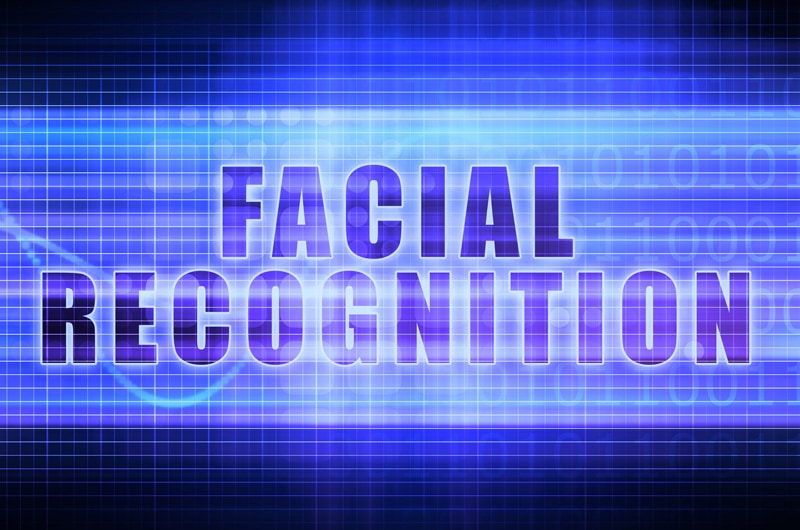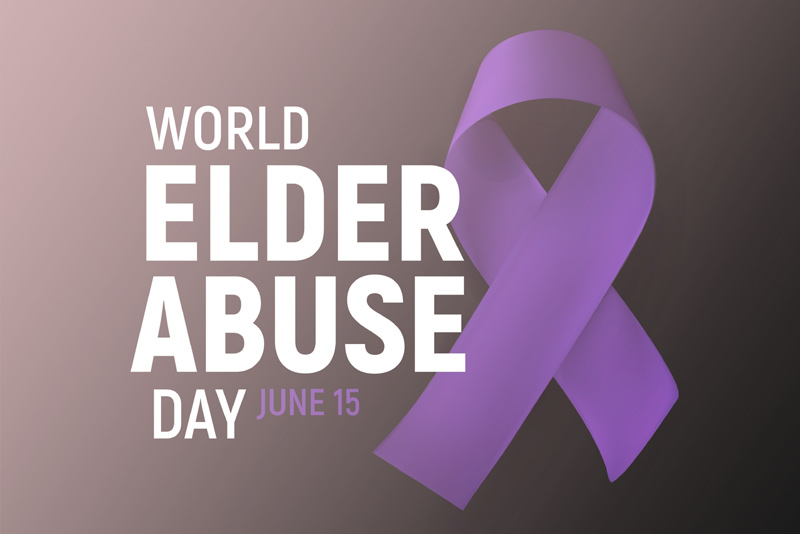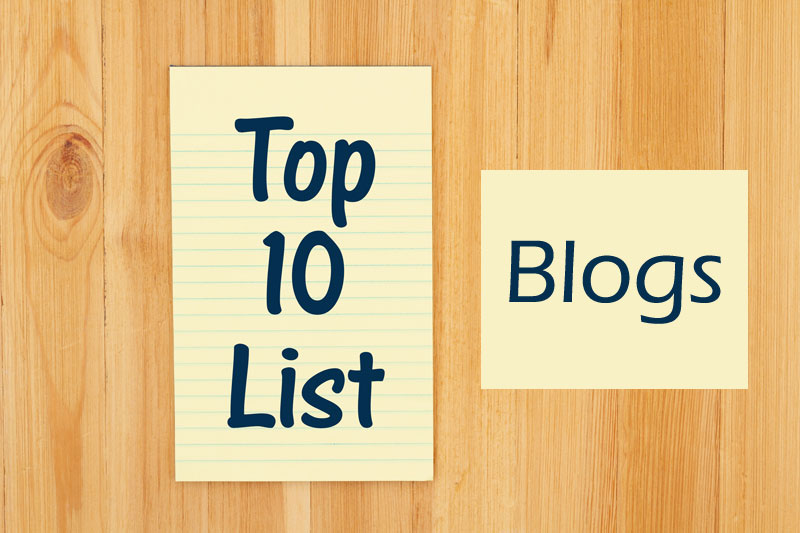The electronic health record (EHR) is adopted in most hospitals and other healthcare systems with a view to improve patient care and enhance care coordination. To a chart review company also, the EHR presents lesser hassles than the paper medical record, being easily retrievable and reviewable. Hospitals and other health systems have stepped up their interoperability and this has also increased the possibility of patient data-matching errors and incongruities. This is risky, could compromise patient safety and increase healthcare costs, and therefore accurate patient identification needs to be ensured. As a solution, facial recognition technology (FRT) powered by artificial intelligence (AI) is being used to identify, diagnose, and monitor patients.
These systems map facial characteristics and store those data to make a correct patient identification. Moreover, FRT may be able to soon predict how long a patient will live, and also identify behaviors and emotions from a person’s face that may show whether the patient has depression or some other mental concern.
However, is it absolutely safe to use this innovative technology without the risk of liability and breach of privacy among other concerns? Before moving on to that, let us first examine the advantages of FRT.
- Patients can verify whether they are taking their medicines as prescribed. For this,
- They can log in to the system using their mobile device
- Have the device record the patient’s face, the medication, and the patient taking the medication
- FRT can be used to scan the patient’s face to evaluate the patient’s level of pain and thereby manage chronic pain and medication usage.
- Computerized personal assistants or social robots will need FRT to interpret the emotional state of the patient so that they can assist the patient appropriately.
- FRT can be used to diagnose certain genetic diseases.
- Since FRT has the capability to identify staff as well as patients, it can make healthcare safer and more efficient.
Now, what are the risks involved?
Experts in the field point out that use of FRT in healthcare poses ethical questions regarding privacy and data protection, possibility of bias in the data or analysis, and negative implications for the therapeutic alliance in provider-patient relationships. Since facial recognition technology takes photos of patients’ faces, it is vital to explain what happens to that data. Though the photos come under the HIPAA, the protections ensured may be limited since the photos are stored within the FRT system to enable the device to continue to learn and improve future diagnoses.
Another concern is if the FRT makes an error in diagnosis, there is always the risk of liability. Moreover, it can also prove harmful to the patient.
There is no doubt that innovative technology can work wonders in the medical field, but it must be made fool-proof because at stake are valuable human lives. Advanced technology such as EHR and EMR also benefit the healthcare system by streamlining patient data, enabling sharing of data across the healthcare continuum, and by simplifying processes such as medical record retrieval. FRT is perhaps the best security available to safeguard patient data and confirm identity while also allowing care providers to share patient information securely with other doctors and ensuring quicker patient recovery and unique patient care. Healthcare apps integrated with FRT will facilitate diagnoses of rare genetic diseases that are typically done with blood tests and provide doctors access to patients who are located in remote places and don’t have proper healthcare services available to them. The important thing to remember is to carefully consider all privacy, security, and legal implications of adopting facial recognition technology. Proper safeguards and assurances must be implemented to ensure that patient data is secure and will not be compromised.




